Artificial Intelligence has revolutionized the healthcare industry, and it will continue to do so to unforeseen extents.
Especially in the last decade, we have witnessed unprecedented technological advancements, and one of the fields that has experienced a significant revolution is healthcare.
Artificial Intelligence (AI), a discipline that simulates human learning processes through algorithms, has emerged as a powerful tool that is completely transforming the medical industry. From diagnosing and treating diseases to managing medical data and improving patient care, it is changing the way we understand and approach well-being today.
According to the fAIr LAC Jalisco initiative by the Inter-American Development Bank, a report from ResearchAndMarkets states that the estimated value of the global AI market in healthcare will be around $13.3 trillion by 2023-2024.
At Etkho, we have extensively discussed the penetration of Artificial Intelligence into the market and the healthcare system, with exciting and promising advances.
It is an element with enormous potential to revolutionize how we address medical challenges. However, it’s important to highlight that ethical considerations must be taken into account for its full development, such as:
- Data privacy
- Transparency of algorithms
- Responsibility in decision-making
Nevertheless, these are aspects that, with proper management, will not be a barrier to offering more personalized, accessible, and effective care. In summary, a milestone in improving the quality of life for people worldwide.
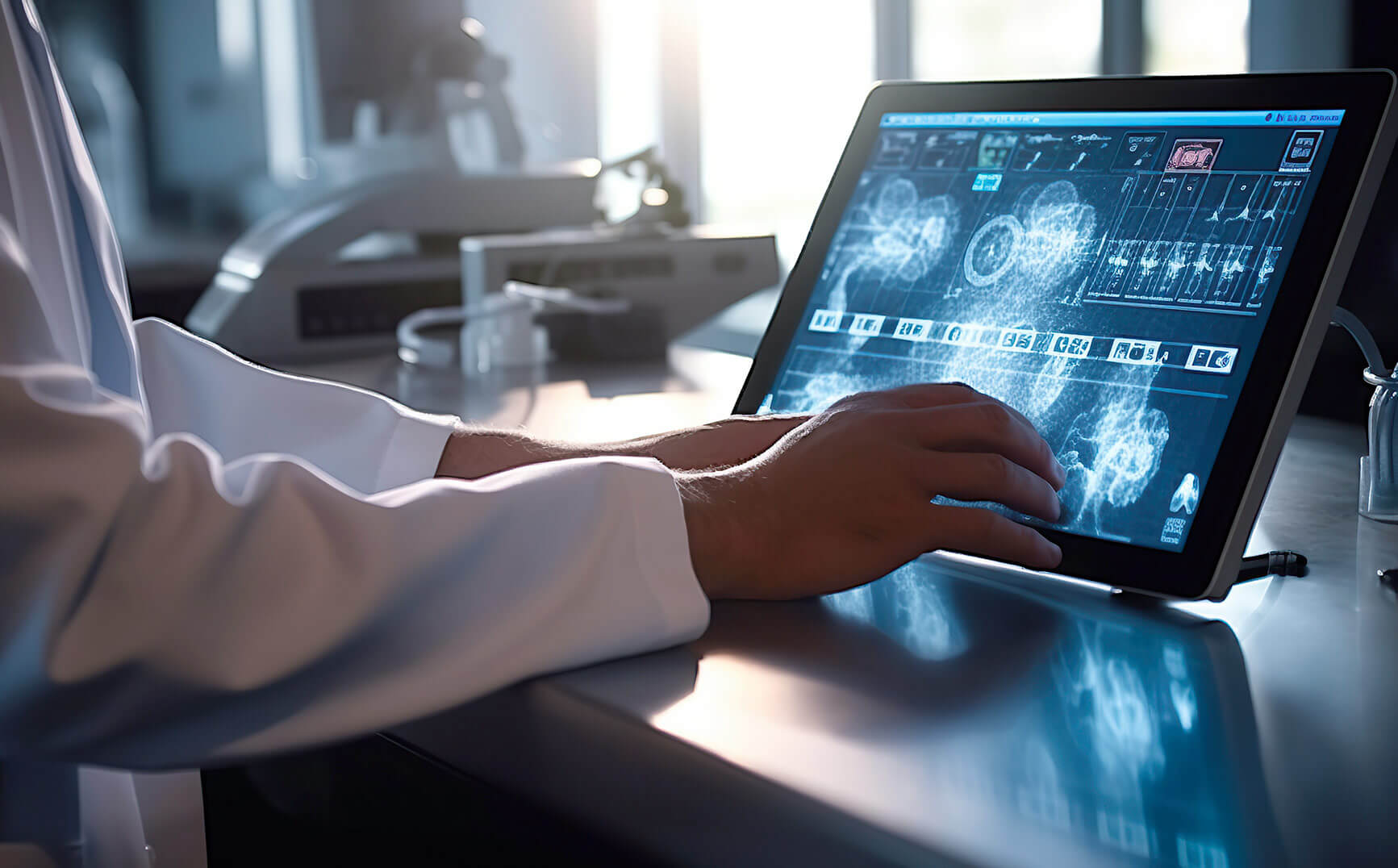
A True Revolution in the healthcare industry
Let’s now see how AI is truly revolutionizing the hospital sector:
- Optimal medical data management
AI is transforming how electronic medical records and other health data are handled. AI systems can analyze and organize large amounts of patient information, making it easier for doctors and healthcare professionals to access relevant data quickly, enabling more informed and precise decision-making.
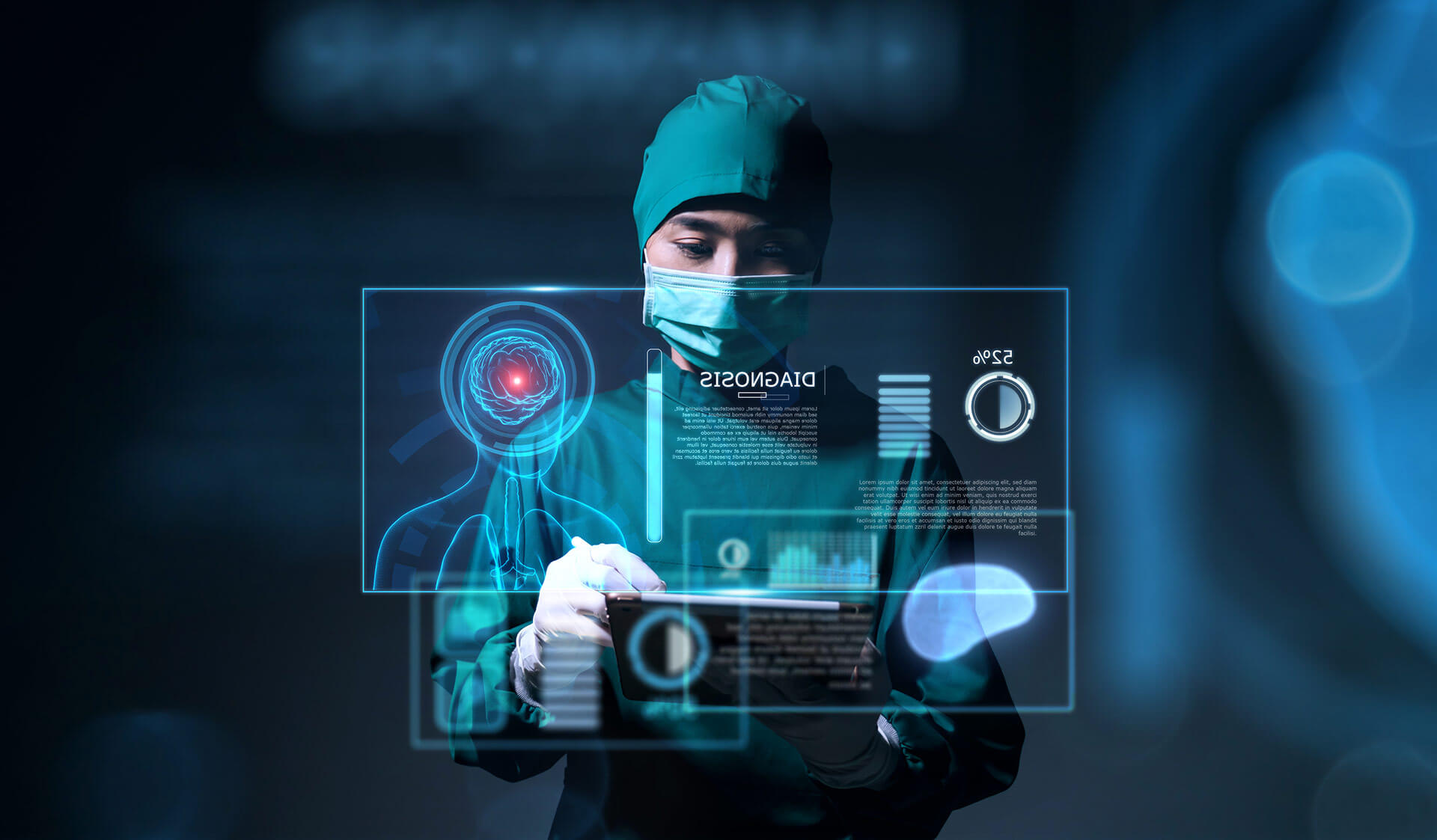
- Medical Imaging
AI is forever changing the interpretation of medical images, such as X-rays, CT scans, MRIs, and ultrasounds. Computer vision algorithms can detect and highlight areas of interest, helping radiologists identify lesions, tumors, or anomalies that might go unnoticed. This improves early detection and reduces errors in image interpretation.
- Improved surgical precision
AI-powered systems can assist surgeons during procedures, providing real-time information and helping to improve precision. Additionally, through robots, stable movements can be achieved, reducing the risk of errors and enhancing outcomes.
- Personalized medical treatments
Analyzing genetic data, medical histories, and other clinical data to develop specific and personalized treatments for patients is feasible. This is highly useful for optimizing outcomes and reducing potential side effects. Moreover, doctors can monitor the progress of the process and make adjustments as needed through devices, wearables, or patient records.
- Patient monitoring optimization
Real-time monitoring of vital signs such as blood pressure, heart rate, and glucose levels, and alerting doctors in case of anomalies, is also a reality. This enables continuous monitoring and provides a swift response in case of medical emergencies.
- Drug discovery
AI is being used to accelerate the process of discovering new drugs and pharmaceutical compounds. By simulating and analyzing various molecules based on their properties and effects, AI can identify potential candidates for future medications, speeding up research and reducing associated costs.
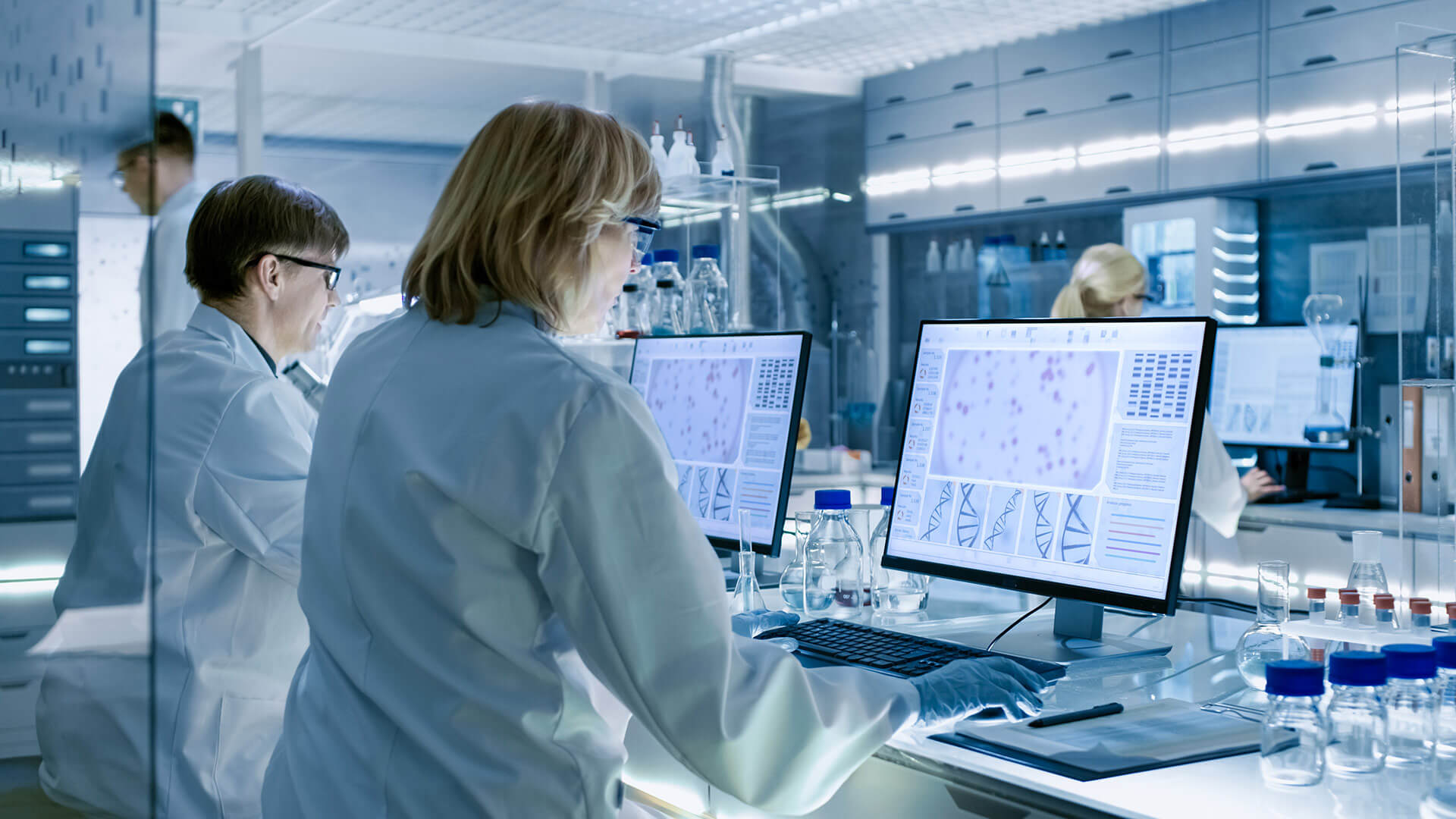
- 24/7 personalized care
Telemedicine and virtual assistance are also playing a significant role, as AI has enabled communication between patients and healthcare professionals without the need to be physically present in the same location. This is achieved through tools such as video calls, mobile applications, and remote monitoring devices.
Additionally, chatbot systems can interact with individuals needing attention, provide basic information, and answer common questions, helping to alleviate the workload of doctors.
Enhancing hospital electrical infrastructure
Regarding hospital electrical infrastructure, AI is also having a significant impact reflected in:
- Energy efficiency
It optimizes energy consumption in hospitals, ensuring that lighting and climate control systems are more efficient and adapt to real needs. This helps reduce operational costs and environmental impact, promoting the sustainability of the healthcare system.
- Predictive maintenance
AI algorithms can monitor the operation of equipment and electrical systems in real-time. This helps detect possible failures or issues before they occur. Coupled with alarms, alarm repeaters, and other elements of hospital electrical equipment, this prevents downtime and reduces the risk of supply interruptions.
- Safety and fire prevention
Artificial Intelligence can be used to identify electrical safety risks, such as overloads or short circuits, and prevent potential fires in the hospital’s electrical infrastructure.
- Logistic optimization
AI also optimizes the use of electrical equipment by scheduling tasks and allocating resources more efficiently.
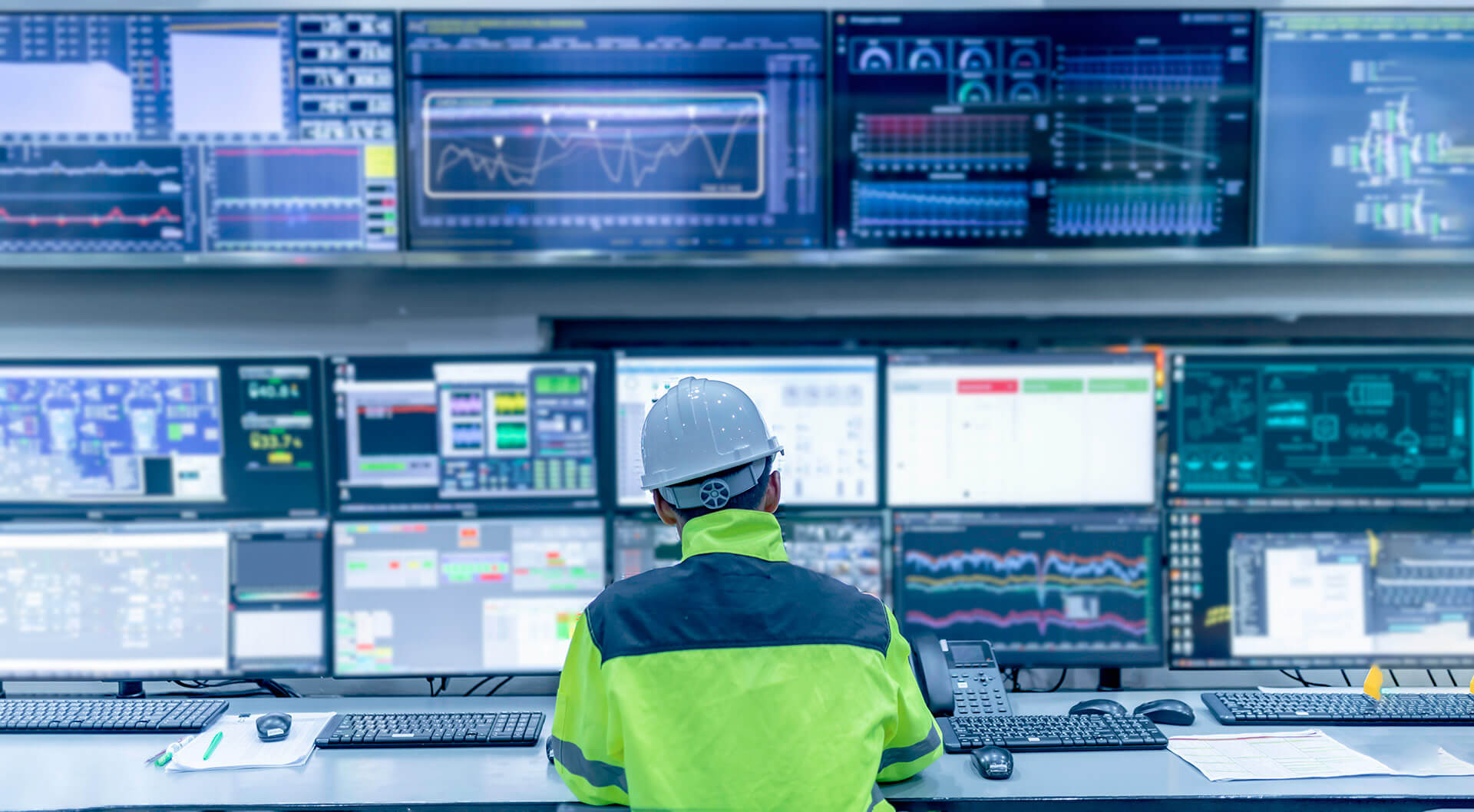
In conclusion, Artificial Intelligence is revolutionizing healthcare by enhancing medical diagnosis, personalizing treatments, aiding drug discovery, and optimizing data management. At the same time, it is transforming hospital electrical infrastructure, increasing energy efficiency, improving maintenance, and ensuring electrical safety in these institutions. These dual advancements have the potential to significantly improve medical care and patients’ quality of life.


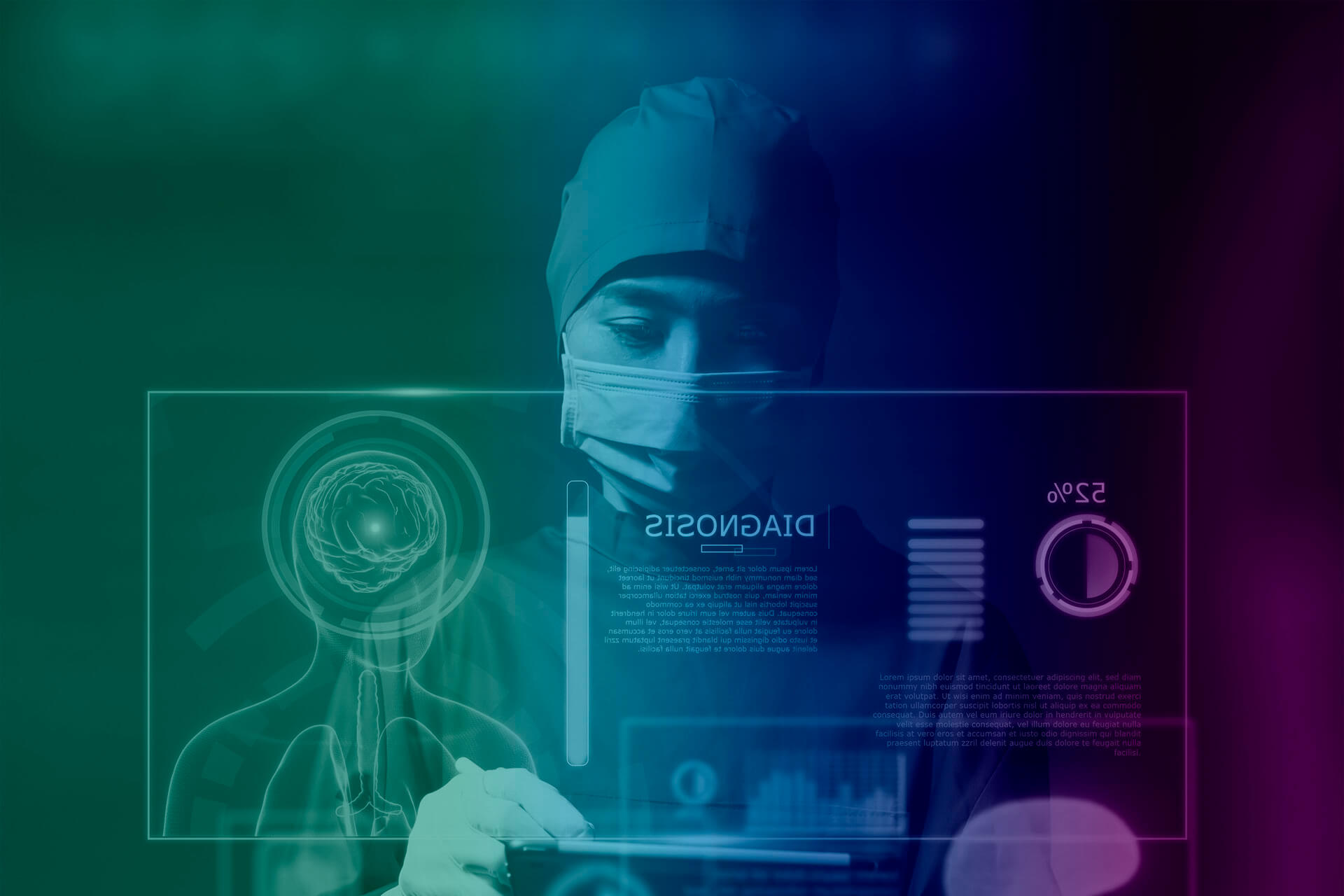
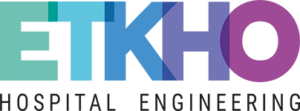
1 Comment